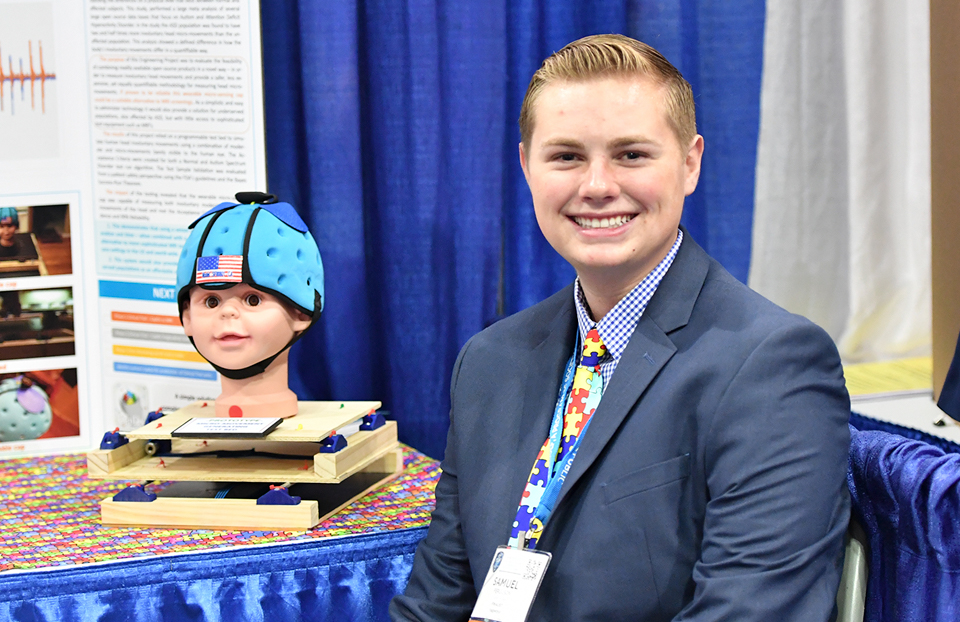Biomedical Engineering
Code: ENBM
Sponsored by Regeneron

Projects that aim to improve human health and longevity by translating novel discoveries in the biomedical sciences into effective activities and tools for clinical and public health use. Bi-directional in concept, projects can be those developed through basic research moving toward clinical testing (bench-to-bedside) or projects that provide feedback about the applications of new treatments and how they can be improved (bedside-to-bench).

Subcategories:
Biomaterials and Regenerative Medicine
Biomechanics
Biomedical Devices
Biomedical Sensors and Imaging
Cell and Tissue Engineering
Synthetic Biology
Other
Biomaterials and Regenerative Medicine (BMR): These studies involve the creation or use of biomaterials or biocompatible materials to construct a whole or a part of a living structure. These studies can include scaffolds for recruiting or supporting regenerative cells or tissues or the engineering designs for creating the correct environment for regenerative growth.
Biomechanics (BIE): Studies that apply classical mechanics (statics, dynamics, fluids, solids, thermodynamics, and continuum mechanics) to understand the function of biological tissues, organs, and systems and solve biological or medical problems. It includes the study of motion, material deformation, flow within the body and in devices, and transport of chemical constituents across biological and synthetic media and membranes.
Biomedical Devices (BDV): The study and/or construction of an apparatus that use electronics and other measurement techniques to prevent and/or treat diseases or other conditions within or on the body.
Biomedical Sensors and Imaging (IMG): The study and/or construction of an apparatus or technique that obtains data to measure a condition of the body using physical phenomenon (sound, radiation, magnetism, etc) with high speed electronic data processing, analysis and display to support biomedical advances and procedures.
Cell and Tissue Engineering (CTE): Studies that utilize the anatomy, biochemistry and mechanics of cellular and sub-cellular structures in order to understand disease processes and to be able to intervene at very specific sites.
Synthetic Biology (SYN): Studies that involve the design and construction of new biological parts, devices and systems. Such studies include biological circuit design, genetic circuits, protein engineering, nucleic acid engineering, rational design, directed evolution and metabolic engineering.
OTH Other (OTH): Studies that cannot be assigned to one of the above subcategories. If the project involves multiple subcategories, the principal subcategory should be chosen instead of Other.